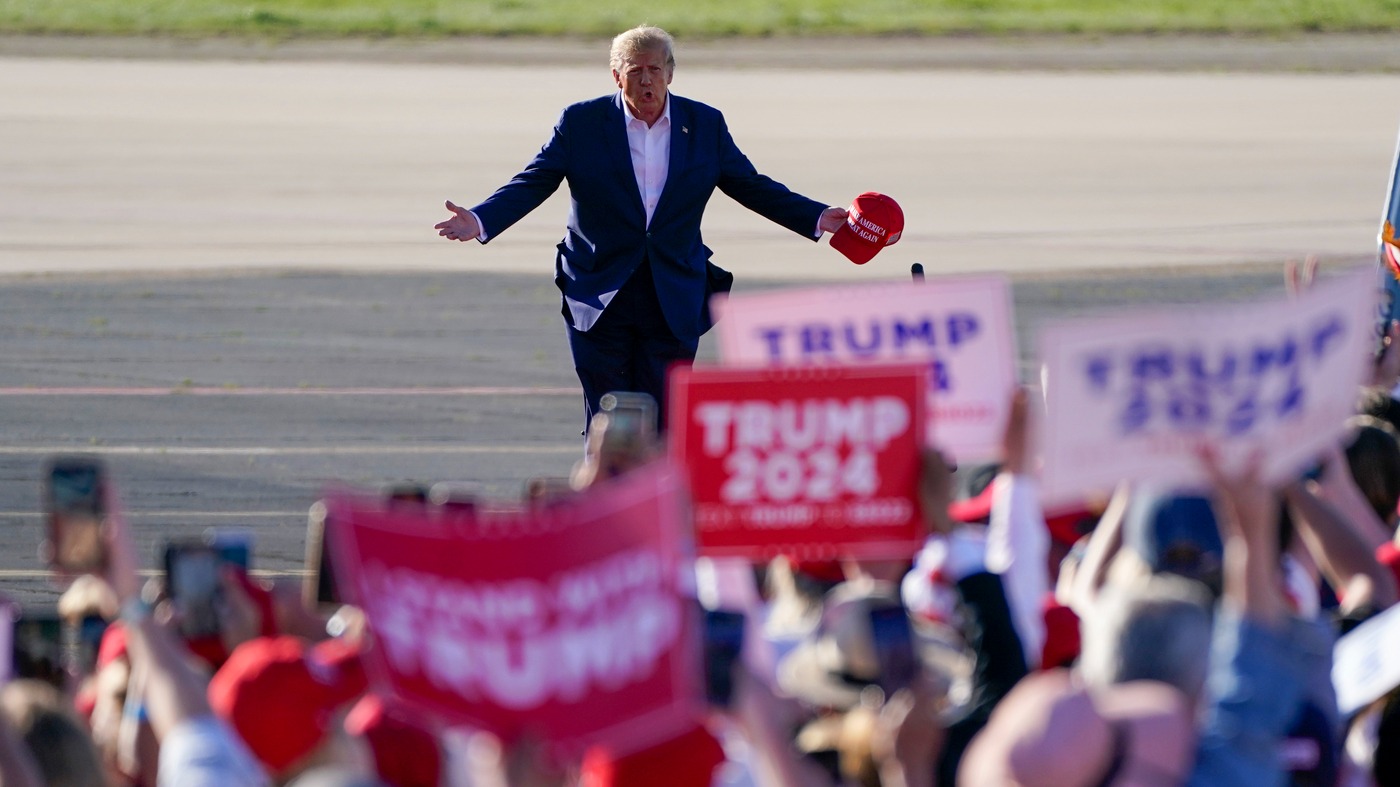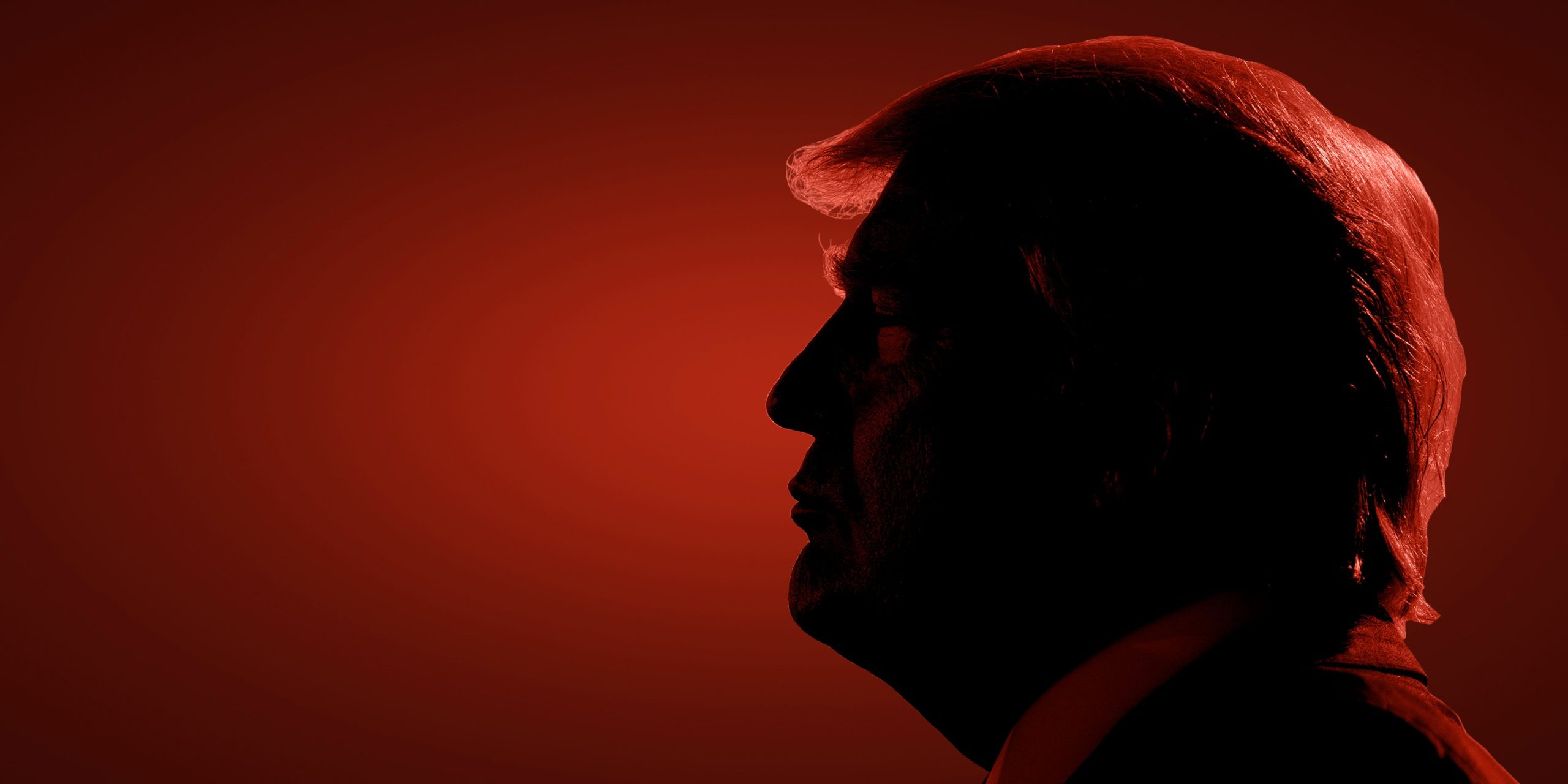Legal analysts initially viewed Donald Trump’s claim of presidential immunity from criminal prosecution related to his attempts to overturn the 2020 election loss as weak.
However, during recent oral arguments that lasted nearly three hours, several Supreme Court justices appeared receptive to the idea of providing some limited protection for former presidents from criminal liability for official acts performed while in office. This development surprised many seasoned court observers, who found it unprecedented and somewhat alarming.

While the justices seemed inclined to reject Trump’s broader assertion of “absolute” immunity, they grappled with defining which official acts would be exempt from criminal prosecution. This issue is critical as it will establish a new standard for presidential power and accountability.
The case, brought by special counsel Jack Smith alleging election interference, focuses on Trump facing four felony counts. Interestingly, the arguments largely avoided direct references to Trump himself and instead delved into hypothetical scenarios and concerns about the potential consequences of too much or too little protection for future presidents.
The debate raised fundamental questions about the scope of official conduct and the balance between holding presidents accountable and preserving the integrity of the office.
While some conservative justices expressed worries about bad-faith prosecutions and the potential chilling effect on presidential decision-making, others highlighted the need to ensure accountability for actions that may undermine democracy.

The complexity of the case and the divergent viewpoints among the justices suggest a challenging road ahead in crafting a coherent opinion.
The outcome of the Supreme Court’s decision on Trump’s immunity claim could have serious implications for the rule of law and the functioning of American democracy.
Regardless of the ruling, the case underscores the delicate balance between presidential power and accountability, and the importance of upholding democratic norms and principles.


